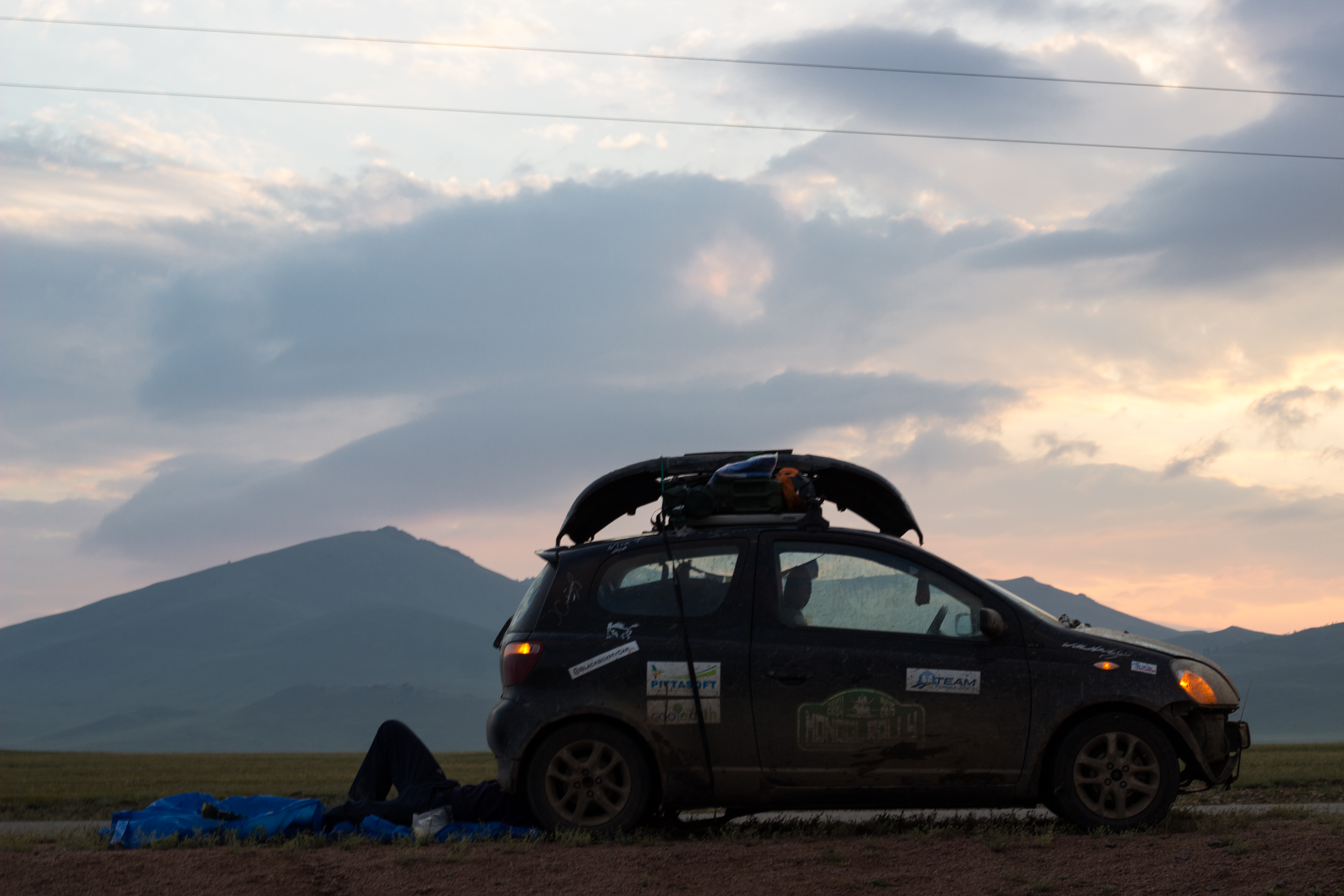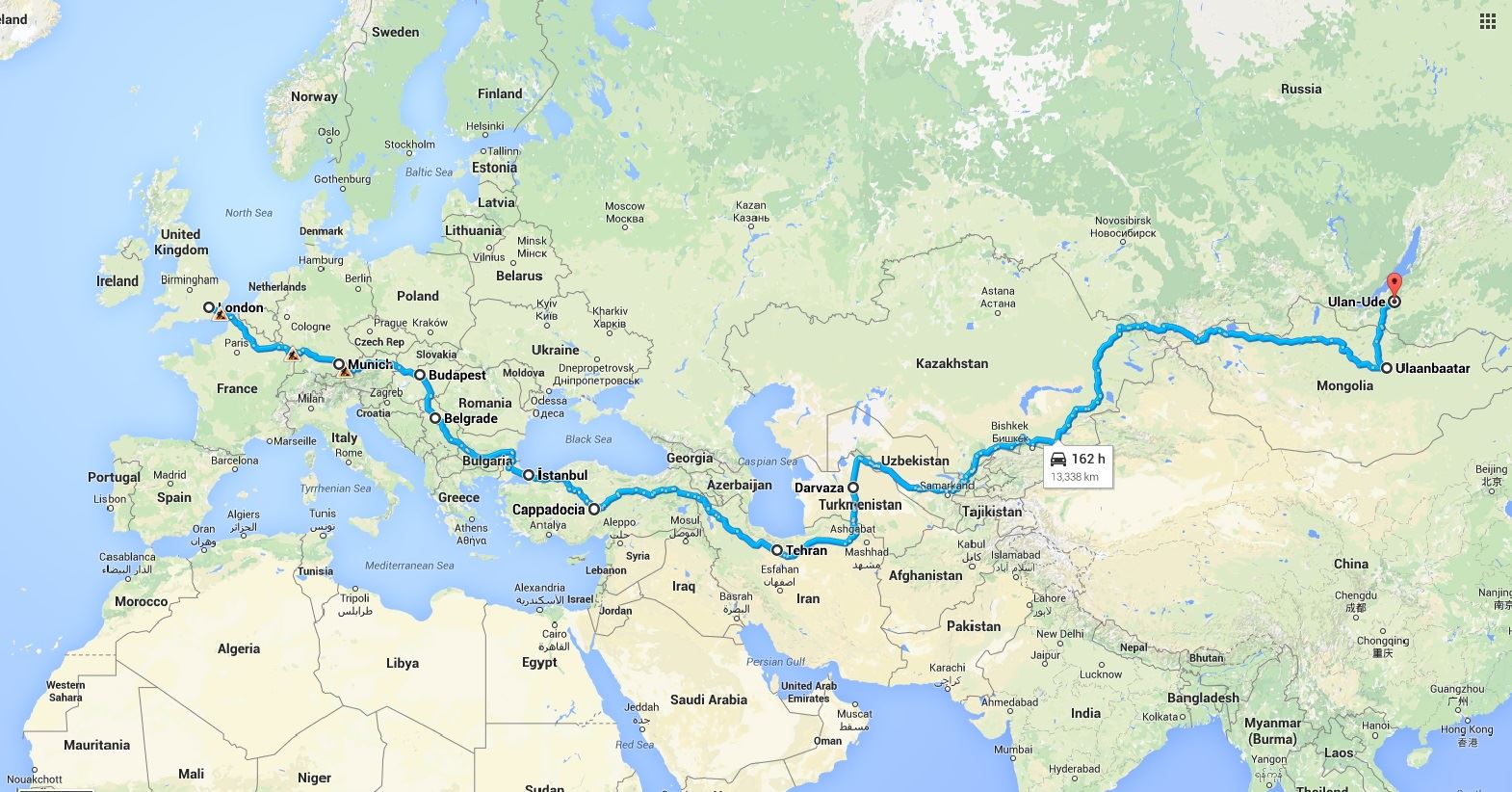AI (Large Language Models) in Primary Care
I gave the following talk at the 69th annual St Paul’s Continuing Medical Education conference with the intended audience of family doctors attending the conference.
AI (Large Language Models) in Primary Care: What is happening and how to prepare?
Documentation LLM Products Commercially Available In Canada
In alphabetical order, as of November 22nd, 2023
- Mutuo Health
- Tali AI
- Scribeberry
- Nuance (makers of Dragon) may enter market in Q1-2 2024
Regulatory and Legal
- Canadian Medical Protective Agency. The emergence of AI in healthcare: Risks, regulation, and a measured approach to adoption.
- College of Physicians and Surgeons of Alberta. Artificial Intelligence in Generated Patient Record Content
- Brief article College of Physicians and Surgeons of British Columbia. Appropriate use of large language models (such as ChatGPT) in medical practice.
Further Reading
- Early Evidence from an implementation of Ambient AI at Kaiser Permanente published in NEJM Catalyst
- The AI Revolution in Medicine: GPT-4 And Beyond by Peter Lee, Carey Goldberg, and Isaac Kohane - book
- A Framework for Critically Assessing ChatGPT and Other Large Language Artificial Intelligence Model Applications in Health Care - journal article
- Philosophical Blog Post (long) - We’re all Stochastic Parrots: What AI can teach us about being human - blog post




